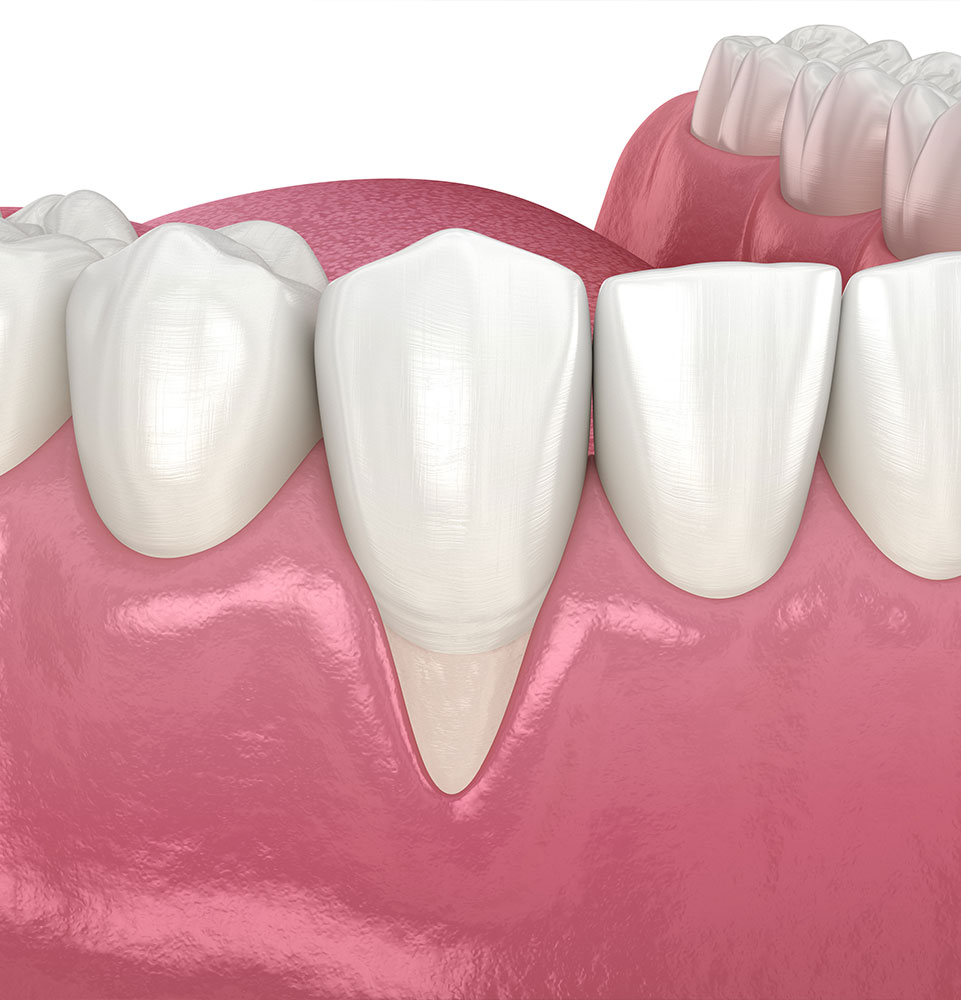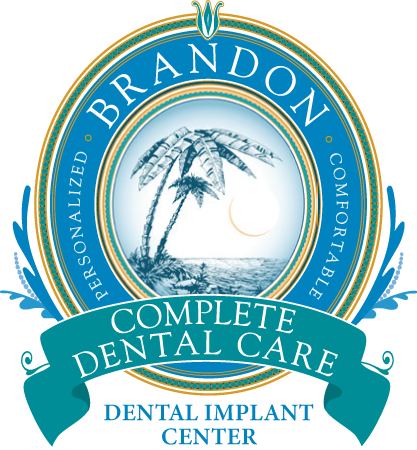Dental Implant Maintenance - Brandon, FL
Strong Implants Start with Consistent Care

Long-Lasting Smiles Start with Smart Maintenance
Dental implants are designed to be a long-term, life-enhancing solution that restores your ability to confidently eat, speak, and smile. With proper care, they can last for decades—or even a lifetime, making them one of the most reliable options in modern dentistry.
Just like natural teeth, implants require consistent maintenance to stay healthy and function at their best. Protecting them with daily care and regular checkups is essential because they represent a significant investment in your health and quality of life.

The Risks of Improper Maintenance
- Gum inflammation and recession
- Peri-Implantitis
- Bone loss
- Pain and discomfort
- Costly corrective procedures
- Loose implant


Best Practices for Maintaining Your Dental Implants
Proper maintenance is essential for protecting dental implants and ensuring their long-term success. With daily care and healthy habits, implants can offer a strong, lasting solution that keeps your smile healthy for life. Here are a few tips for maintaining your implants:
- Brush and floss regularly to prevent plaque buildup
- Schedule consistent dental check-ups for monitoring and maintenance
- Follow all post-op care instructions, including any prescribed rinses or tools
- Eat a balanced diet and avoid hard or sticky foods
- Refrain from smoking or using tobacco products
- Alert your provider to any discomfort, swelling, or changes around the implant site
Lifestyle Tips for Implant Health

Safeguard Your Smile with Everyday Implant Care
Consistent implant care supports long-term function and confidence by keeping your bite stable and your smile healthy. Proper hygiene and routine checkups significantly reduce the risk of complications like peri-implantitis, infections, or the need for costly corrective procedures.
Regular maintenance also helps preserve the surrounding bone and soft tissue, protecting the foundation that keeps your implants secure for life.
